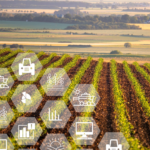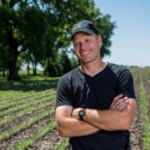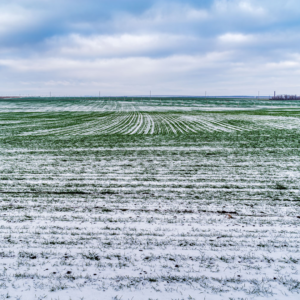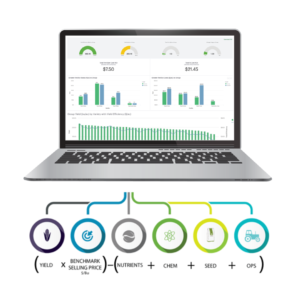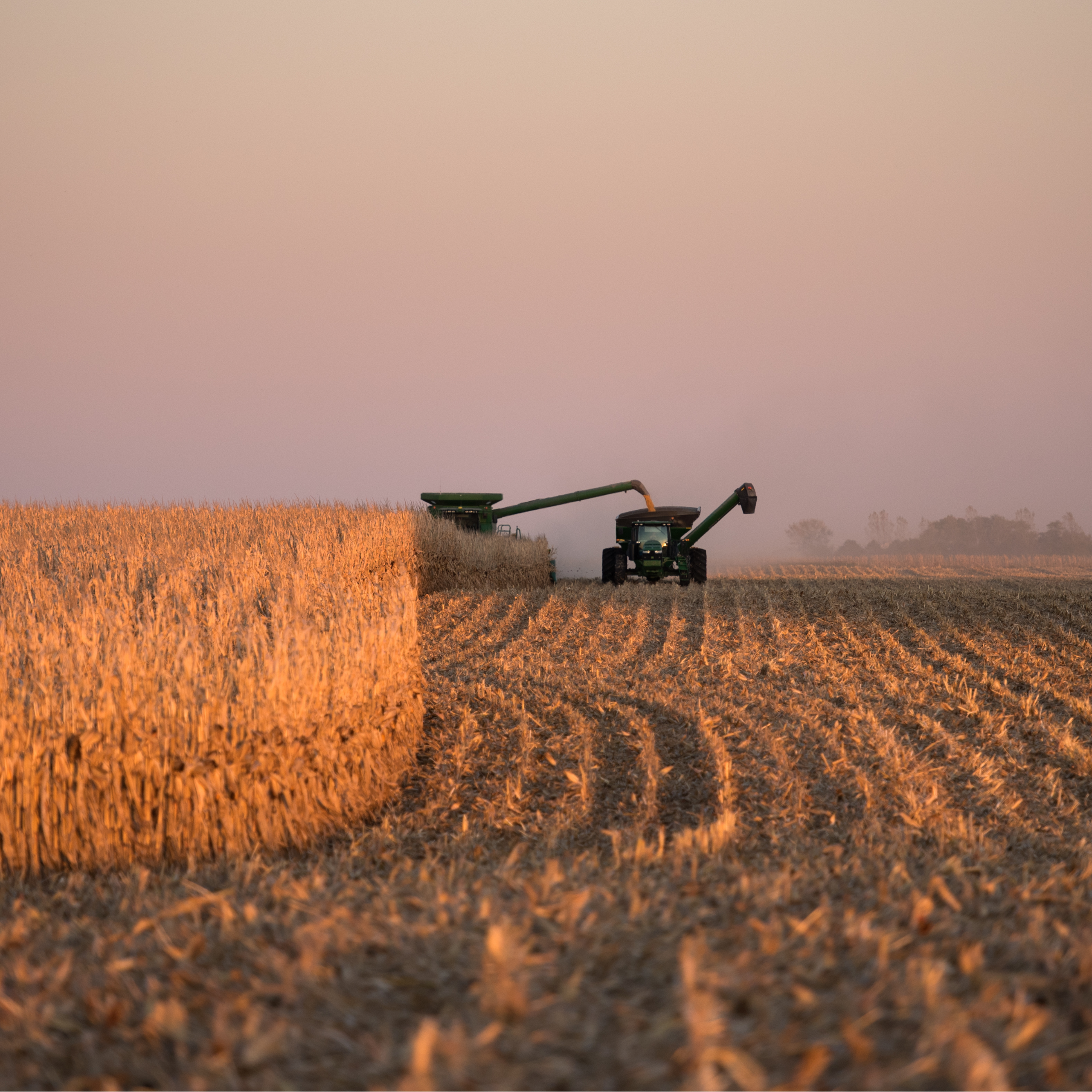
Today we are talking about the value of precision ag and data during tough economic times. We are joined by Aaron Seifert, Business Development Manager and Dan Frieberg, Co-Founder of Premier Crop Systems.
Listen in as Aaron and Dan discuss the effects of the Covid-19 Pandemic on the agriculture industry, observations they are both seeing, and how growers will push through this difficult time.
If you are enjoying the show, tweet us using #PremierPodcast.
AARON SEIFERT: There is some additional uncertainty with COVID-19 in markets and things like that. Where does the value of precision ag come up in these types of times? Producers are probably making very difficult decisions. How does precision ag bring value today?
DAN FRIEBERG: You can’t manage what you can’t measure. So for us, it’s all about trying to use the data and the analytics to just constantly refine everything. As a company, I don’t think we’ve benefited like other companies did. Between grain storage and artificial drainage, there have been lots and lots of equipment upgrades. But I think we actually grow quicker and faster when the economics are really tight for the grower. When budgets get upside down, like they are now with the economic crisis, it’s hard to make money. It’s really hard to make money.
For young farmers, it’s hard to make money to grow. It’s hard to make money to hire the next person. And when you get into really tight economic times all of a sudden, then it’s like, ‘Okay, I need to do something different. I’ve got to find ways to squeeze more out of every dollar I invest. I just have to.’ So, that understanding of how hard it is to make money, it helps us because, hopefully, growers are looking for a way to do that, and that’s what we do every day. We help manage that totality of input investment, including field trips and all that. We help manage and advise, and it’s all in the name of driving higher yield efficiency or higher return to land and management. How can we squeeze more dollars out of every dollar that we invest?
AARON SEIFERT: We’ve heard a hundred times that you can’t cut your way to prosperity, right? You can’t save your way to prosperity. So it’s not necessarily about spending less on the investment side, it’s about getting more out of every dollar that you are spending on every input decision that you’re making.
DAN FRIEBERG: And to me that always happens in the subfield. You can make really crude adjustments, like treating fields differently. That might be a starting place for some people. But to me, it always drives way deeper than that. If I’m going to drive economic change and higher returns, I’ve got to change things within the field. Not every acre is the same. Geography matters. Where you are in the field matters, and how you manage what you do in parts of fields makes all the difference.
AARON SEIFERT: That’s great. I think the focus on the efficiency pieces is always bigger. Regardless of what the market’s like, you always want to take advantage of the dollars that you spend, but it’s exceptionally important in times where margins are critically tight.
DAN FRIEBERG: And this COVID-19 thing is going to have a long tail, I believe. And I believe that it’s going to change our world. Over the 20 years of our company history, one of the big changes has been the connectedness of the world. The reason the virus could spread so much quicker is we are so connected as a world. And what’s going to come to the forefront is all these integrated supply chains and all the things that we take for granted. But one of the things that I think is going to play out is how much we take the food supply for granted. And I think we could have significant disruption in the food supply, including the meat industry.
So many people in the world have taken for granted how darn efficient the food chain is. Capitalism has an amazing ability to drive cost out of the system. But what happens? When you drive cost out of the system, you end up with a whole bunch of just-in-time delivery. It is the whole system. Why, all of a sudden, do we run out of everything at the grocery store? It’s because everything is managed so tightly. The whole supply chain is managed so tightly that it’s a well-oiled machine. But when you throw some big wrench into a well-oiled machine, you’re going to see more empty shelves.
You know, I couldn’t find chicken at the store last night. I mean, I could find drumsticks and wings, but I couldn’t find any other chicken. And it’s a big store! But that could happen over and over again. It depends on how this plays out. But at the end of the day, one of the things I hope comes out of this is a new appreciation for what agriculture does and what the food industry and all of us are about, just the totality of what agriculture does for the American consumer and for the world. What a job we’ve done at a very low cost. And hopefully, in turn, we end up with some higher prices. We sure need some luck that way.
AARON SEIFERT: Yeah, that would help out the outlook today for sure. The good thing is that ranchers are still ranching and farmers are still putting seed in the ground. Like you said, we’ve gotten so incredibly good and efficient at doing that. That’s where it just becomes ever more important to manage those growers’ operations better and better, taking every opportunity to learn from something and try something new and to continuously improve. Because if we’re not doing that, then our outlook looks pretty bleak if we’re not constantly improving.
DAN FRIEBERG: Yeah, we’re really fortunate. Farmers, by nature, are incredibly optimistic, but it’s hard. It’s hard to stay optimistic sometimes, but they are by nature. That’s why they do what they do. It’s fun. It makes it fun to work with them. When we get involved, we understand the economics because we deal with it. We deal with the economics. We know how ugly it is and how hard it is to make it work. Knowing the grower’s economics makes us better at what we do. It makes us work that much harder because we know how tight it is for the grower.
AARON SEIFERT: Absolutely. Alright, well we appreciate your time today, Dan. Thanks for the insight. Looking forward to the many changes to come, and we’ll see what happens here after COVID-19.
DAN FRIEBERG: Yeah, we can talk again sometime about the future, but there’s going to be a lot of change in the next 10 years for sure. That’ll be another fun discussion.
________________________________________________________________________________________
Free Resources:
- For more helpful tips and insight on all things data and agriculture, visit our blog at http://info.premiercrop.com/blog
- Curious about the value of precision ag? Download our 5 Steps to Getting Started Guide: http://info.premiercrop.com/5-steps-guide
- Ready to cut through the bull? Download our No Bull Guide to Precision Ag: http://info.premiercrop.com/field-profitability-guide
- Podcast provided by Premier Crop Systems. Learn more about us at https://www.premiercrop.com

